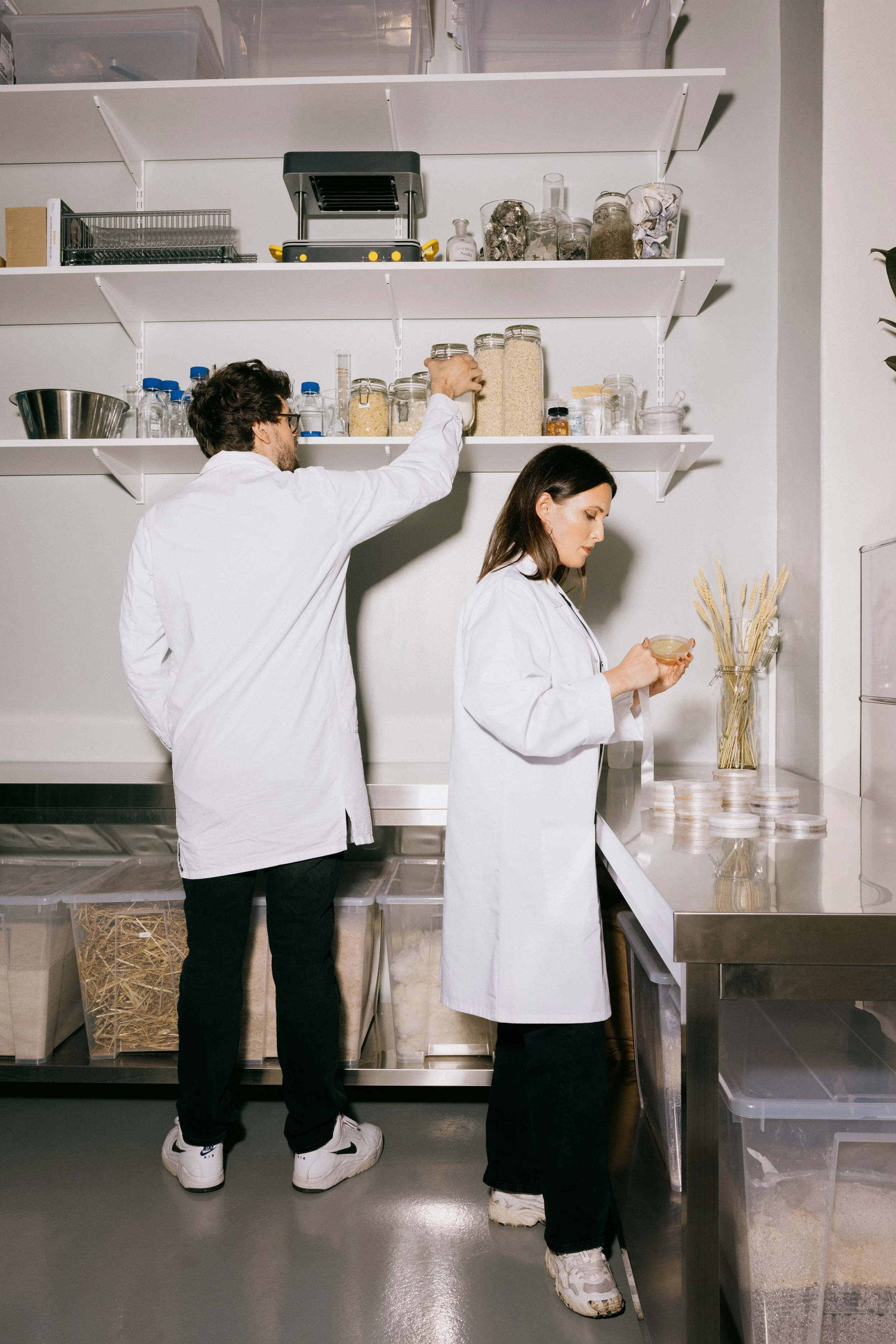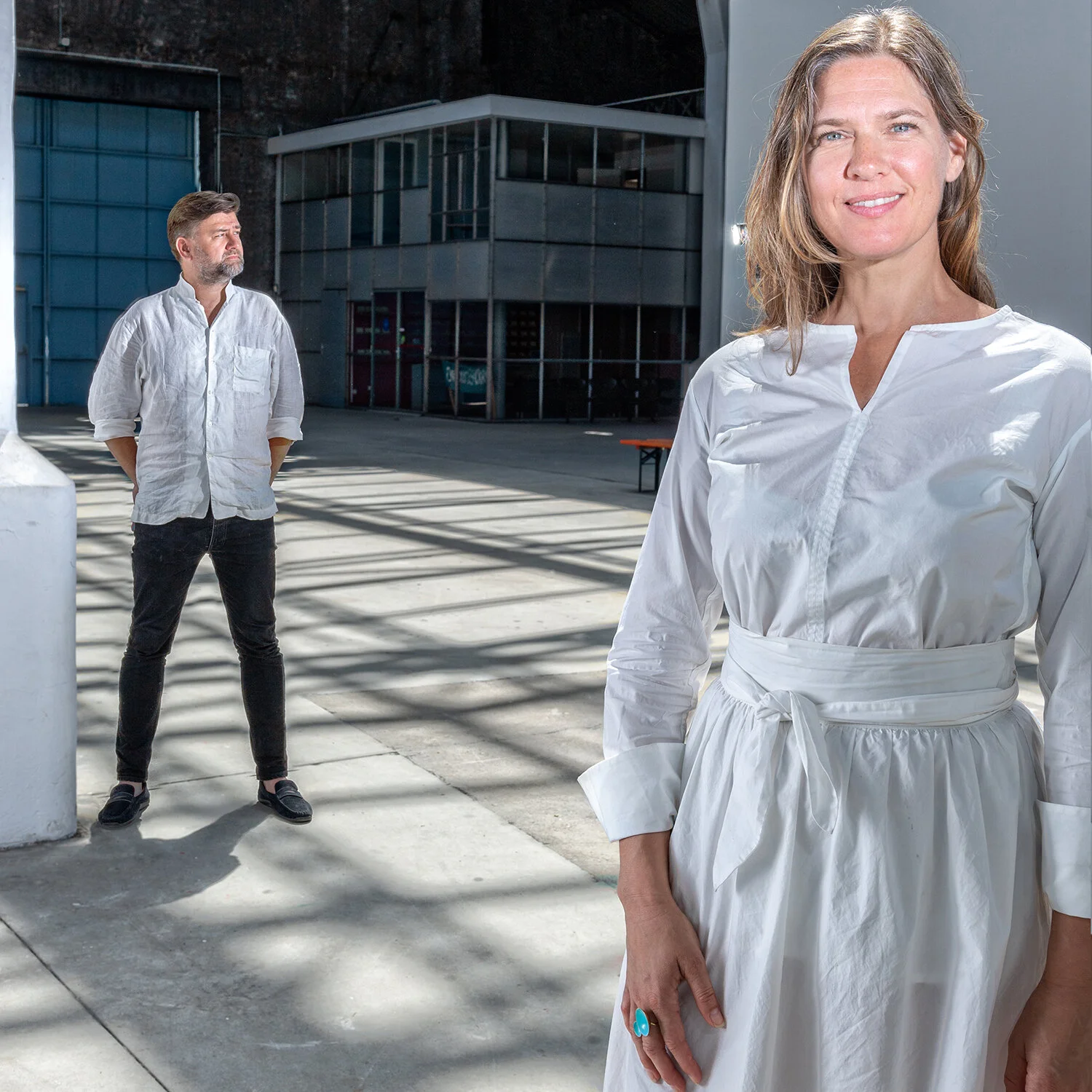Nicanor Perlas on How to know you are a human being
Nicanor Perlas is a global activist, writer and speaker and regarded as one of the most remarkable leaders of the peoples movements of today. In the midst of his active existence Perlas graciously took the time to talk to the Elementa Blog about what he sees as being the most crucial concern of our times.
Human kind stands at a cross road, he states in his new book “Humanity's Last Stand:The Challenge of Artificial Intelligence: A Spiritual-Scientific Response”. Although still in its earliest stages, artificial intelligence (AI) is radically transforming all aspects of society. And with the immanent emergence of Artificial Super Intelligence (ASI) and the illusory temptations of “transhumanism,” it is imperative, Perlas says, that we take immediate steps to ensure that digitized technology is aligned to human values and priorities.
# What are the major concerns that we have to face with the regards to the current digital realities, collectively as well as individually? What are the challenges and what are the opportunities?
This question is very wide ranging and I took three chapters in my new book to lay it out. I will just mention major areas of impact here:
Business: It will automate anything that is repetitive, in all sectors of the economy. There will be trillions of dollars of new profits for companies that would invest in artificial intelligence that would fuel the automation. Blue collar jobs will be automated as well as white collar jobs. The current technology today can replace workers in the Business Process Outsourcing industry, banks, financial institutions and so on. This will mean, by some estimates, that over 2 billion jobs of the world economy will be gone in 12 years, that is, by 2030. Billions more will be affected since the world economy is one complex whole.
Education: It will usher in the age of digital education. New educational platforms will flourish as is already happening in the case of the MOOCS (Massive Open Online Courses) where one can obtain undergraduate and graduate degrees without going to a physical school. The education system can be tailored more to the needs of the students and will use a multi-media learning approach. It would democratize the education system. However, the key question in this area is how to make the digitalization of education AGE-APPROPRIATE. Children are not young adults. They have their own special requirements for proper cognitive, affective and volitional development. The tendency is to keep pushing the digital process all the way to kindergarten. This is totally inappropriate and destructive of the nature of the young child. There are also ideas about genome-based education, that is, education based on one's genetic system. This is very dangerous and is not based on the current developments of biology where the gene has a totally different concept than it had twenty years ago. One gene can have more than 30,000 different kinds of expression depending on the personality of the individual. So one cannot program education on the basis of genomic sciences.
Photo: Matthis Kleeb
Health: The most important benefit here is that artificial intelligence can help medical doctors achieve better diagnosis. In test after test, properly trained AI gives better diagnosis of cancer, heart disease and other illnesses. However, after diagnosis, it is still not clear what can be done by AI on the basis of cure. The science of medicine today is being revolutionized by the findings of neuroscience (for example neuroplasticity) and epigenetic biology (for example, consciousness-based activation of genetic systems). Yet most medicine is still stuck with a purely materialistic approach connected with more precise delivery of questionable drugs through the use of nanorobots. If the medical theory is not correct, no amount of AI-enhanced drug delivery will ultimately work without side effects.
Warfare: Here there are no benefits. Most AI experts in the world have signed a petition against the use of drones that make their own decision whether to kill a certain target or not, based on specified profiles of the target group. Ultimately the only "benefit" here is total control of the battlefield with the country or group that has the technology.
Internet of Things (IOT): Billions of sensors are now being placed in all kinds of places: buildings, doorways, roads, trees, plants, animals, and so on. This is called the Internet of Things because all these sensors will be linked to a network of supercomputers that will process the billions of data points. Faster signal transmission will be brought about by 5G cell phone signals. Through this, there can be a better prediction of the weather. It can help stop crime. It can help monitor and save endangered species in land and sea. On the other hand, this is BIG BROTHER come to life. We will all be monitored 24/7, all day long, all year long, for decades. People will have to make a choice, if they can, whether to be in a 5G IOT world or remain outside it. This problem makes the current issues of data security and privacy like child's play. Nothing can compare to what humanity is going to face in a 5G/IOT world.
Alignment Challenge: Artificial super intelligence will confer tremendous economic, political, and cultural power to those that develop it. In Putin's words: The first country to have artificial super intelligence (ASI) will control the world. Unfortunately, unless AI experts get it, the arrival of ASI could also mean the extinction of humanity. This is known as the Alignment Challenge: how to align ASI objectives and performance with human values.
Photo: Matthis Kleeb
#2: What do you regard as digital health?
Very few people know it but social media was designed to steal people's attention and make users addicted to the technology. This is a serious mental health issue that could lead to suicide. Tristan Harris, formerly of Google, has revealed that supercomputers are being used to manipulate the brain of billions. Sean Parker, the former President of Facebook, admitted that this was consciously done: to make FB addictive to its billions of users. This is not only a mental health issue but also a societal issue because social bonds of cohesion are breaking down and popularity has replaced the search for truth.
All electronic devices emit electromagnetic field or EMF radiations. Studies are already showing the cancer causing effect of cell phone use. But 5G will be emitting much more powerful EMF than the standard cell phone. People will be in greater danger when 5G rolls out in many country starting this year.
There is a third area of concern: the 3D printing of food. Already prototypes of 3D printing of meat have been done successfully. The meat comes from the stem cells of cow muscle tissue that are multiplied under laboratory conditions and then finally shaped into form by 3D printers. This food is expected to be commercialized in 2020, two years from now. While it claims to solve environmental problems associated with factory farming, CD printing of meat and other foods to come relies on chemical nutrients to grow the stem cells. The nutritional and health impact of this kind of devitalized food will surely be an issue. This can intensify the ill effects of food grown through the use of chemical fertilizers and pesticides.
Photo: Matthis Kleeb
#3: How can we use AI to serve humanity? Or can we?
AI is now being used to serve humanity but with the kind of imprecision and impacts cited above. However, no one at this point knows how to make Artificial Super Intelligence (ASI) serve humanity. Most experts agree that ASI may not align itself with the interest of humanity and this could result in the termination of the human species. One important way to move forward on AI and ASI is to involve more people and more diversity in the process of decision making and design of these technologies. Its power has reached to such an extent that it can no longer be left to business alone what the future of any society will be. At some point government has to come in and with this the voice of the citizens through civil society. Besides current AI and ASI is based on a materialistic conception of the world which is only partially true. So the technology being built today is only partially true and could therefore be destructive of reality.
Nicanor Perlas is the key speaker at the Symposium on AI in Oslo 24th of September 2018: “Hvordan vet du at du er et menneske”? (How do you know you are a human being?) See here for program and tickets.
Photo: Matthis Kleeb
Elementa Conversations:



































